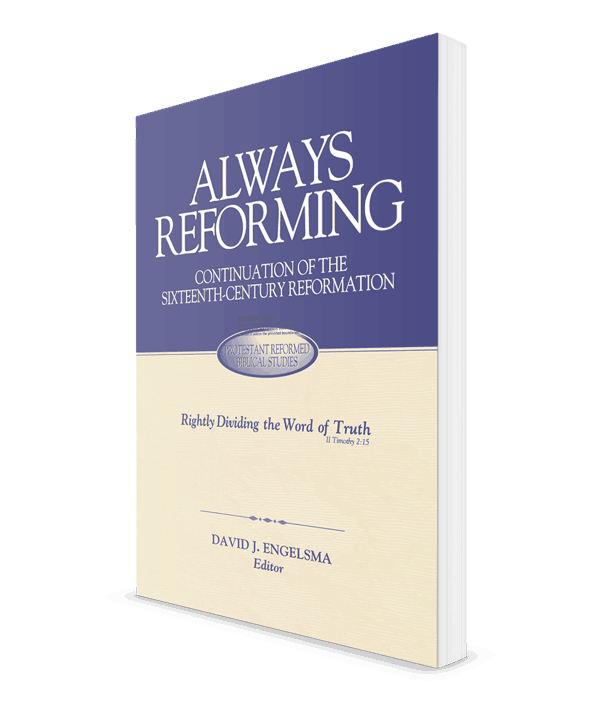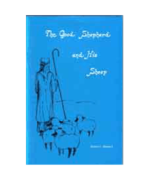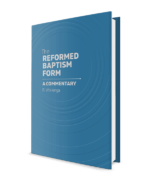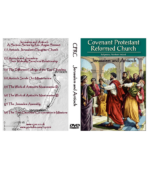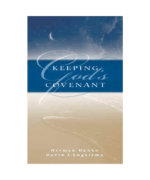“A church reformed and always reforming, according to the word of God” means that a truly Reformed church continues to live by the word of God from age to age, applies it to every aspect of her life, maintains the sound doctrine of the creeds from generation to generation, resists every threat to the Reformed faith and develops the truth of the holy Scripture.
Always Reforming shows how the Spirit of Christ has carried on the reforming work of Christ in the sixteenth century in one particular branch of the church of the Reformation. A successor to The Sixteenth-Century Reformation of the Church, this book traces the continuing reformation in the Netherlands in the seventeenth and nineteenth centuries and in the Protestant Reformed Churches in North America in the twentieth century. The fivefold division of this book recognizes the ongoing reformation of these Reformed churches as having taken place in the five distinct and doctrinally significant controversies, including sovereign grace (the Synod of Dordt, 1618-1619), uncommon grace and God’s unconditional covenant.
Amongst the highlights of the 35 short chapters of Always Reforming are “The Poisonous Petals of the Arminian LILAC” (ch. 2), “The Afscheiding and Christian Education” (ch. 12), “The Covenant Doctrine of the Fathers of the Secession” (ch. 14), “Dr. Abraham Kuyper, Politician—A Critique” (ch. 21) and “The Split of 1953: Reflections” (ch. 35). This fine book will be of interest to all who enjoy reading the history of the church and who are seeking church reformation in our day.
Written by various authors including the editor, David Engelsma
“… a thorough, solid, scholarly, and wide-reaching panorama of theological themes … Have we given as much thought as we should to the place of the covenant in Christian theology? Arminianism, particular grace, common grace, regeneration, the promise and command of the gospel, church government, the place of children in the covenant, commitment to Psalm singing, Christian education, and the well-meant gospel offer of the ‘apostate’ State Church of Holland, which, along with other contentious issues, led to the secession in 1834, are discussed at considerable length. These, and a whole plethora of mind-stretching, biblically-challenging themes, are brought forward for consideration. The book ends with a ringing challenge—’Is there among us today a lack of interest in sound doctrinal preaching? Do we clamour for less emphasis on doctrine and more emphasis on daily living? Is there a trend among us towards worldly-mindedness, even though we may not be aware of it? Have we become lethargic? …’ [This book is] of great interest to the student and scholar, worthy of a wide academic readership, and an important contribution to areas of considerable ongoing discussion” (English Churchman).

